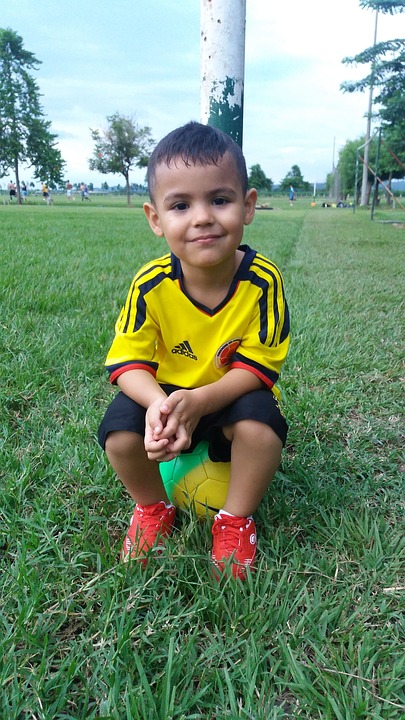 I’ve been on a streak reading books about adventurers, particularly adventurers who tried to reach the poles. I’m currently working my way through Endurance by Alfred Lansing, the story of Ernest Shackleton’s attempt to cross the Antarctic continent. What a frozen land full of trials and pain! And I get frustrated chipping ice out of my freezer for my latte. On this expedition I would have been left behind in a penguin rookery. But those men were stubborn and persistent and, ultimately, it saved their lives.
I’ve been on a streak reading books about adventurers, particularly adventurers who tried to reach the poles. I’m currently working my way through Endurance by Alfred Lansing, the story of Ernest Shackleton’s attempt to cross the Antarctic continent. What a frozen land full of trials and pain! And I get frustrated chipping ice out of my freezer for my latte. On this expedition I would have been left behind in a penguin rookery. But those men were stubborn and persistent and, ultimately, it saved their lives.
Now persistence usually isn’t a matter of life and death, but the ability to persist can certainly affect your quality of life. And because of that, it’s an important quality for students to learn. But how do you teach persistence? Here are a few ideas:
 Model it! Tell students about challenges in your life and how you kept pushing to solve the problem.
Model it! Tell students about challenges in your life and how you kept pushing to solve the problem.- Break larger tasks into smaller segments so students can experience solving a problem and the corresponding feeling of success.
- Help youngsters develop a growth mindset. (Check out Pinterest for tons of posters to help explain this to your class.)
- Encourage students to develop habits that encourage persistence, such as playing an instrument, taking an art class, reading for a certain amount of time every night, or learning a sport.
- Have students journal at the end of the day, describing how they persisted through a classroom activity.

I bring my medals from 1/2 marathons and tell them how I want to give up during the race, but I persevere to get to the finish line.
Persistence is a trait that can be taught and learned. It’s only a matter of knowing how to help children – and never giving up on them when they give up on themselves! I help my students by talking to them,by trying to resist rescuing,instead ask them to think of a solution. Also,by offering words of encouragement “You did great practicing 15 minutes.”
Key: Never Give Up!
Don’t rescue and have them keep trying. Use encouragement to keep them going. Kids need to know if they try and work hard enough. They can do it
Darcie – I know know a 3rd-grade teacher who does the same thing as you do with her marathon medals. Awesome! 🙂
When my little ones say “I can’t,” I tell them they have to try. Most often it involves learning to write their names. No matter what the result is when they try, I give them encouragement. Over time, that encouragement really works and they are successful